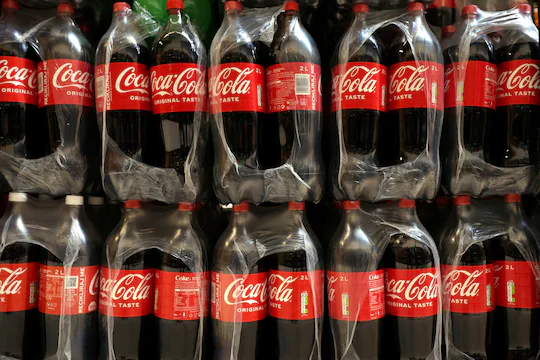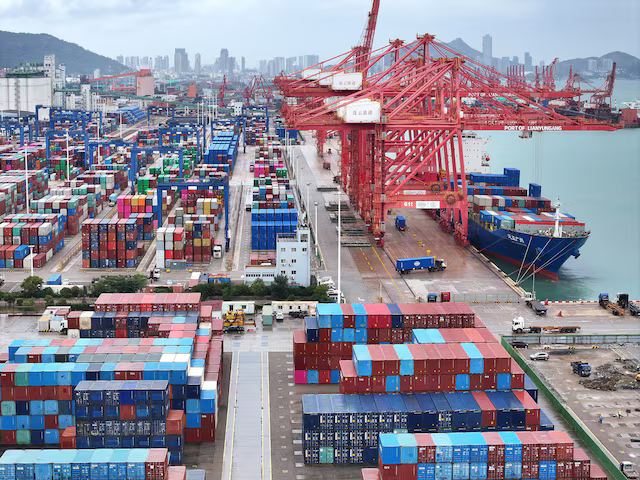Coca-Cola Scales Back Plastic Reduction Goals, Sparking Environmental Criticism

Coca-Cola has revised its sustainability goals, reducing its targets for recycled packaging and recycling, a move that has drawn criticism from environmental groups.
The company announced it now aims to use 35% to 40% recycled materials in its packaging by 2035, a reduction from its previous goal of 50% by 2030. Additionally, Coca-Cola revised its recycling commitment, pledging to ensure the collection of 70% to 75% of its bottles and cans annually, instead of recycling the equivalent of every bottle it sells by 2030.
Coca-Cola stated that these changes were based on “learnings gathered through decades of work in sustainability” and noted the complexities involved in achieving its environmental goals. Bea Perez, the company’s executive vice president for sustainability, emphasized that the company remains committed to improving resource efficiency and working with partners to make a lasting impact.
However, environmental organizations, including Oceana and Break Free from Plastic, have condemned the revised goals. Oceana’s senior vice president Matt Littlejohn called the changes “short-sighted and irresponsible,” accusing Coca-Cola of abandoning real solutions to reduce plastic use. Break Free from Plastic labeled the move a “masterclass in greenwashing” and criticized the company for scaling back its commitments just days after global talks on a plastics treaty failed to reach an agreement.
Coca-Cola has faced ongoing scrutiny for its role in plastic pollution. A report from the Minderoo Foundation found that Coca-Cola accounted for 11% of branded plastic waste globally, and it was named the world’s top plastic polluter for the sixth consecutive year by Break Free from Plastic. In 2023, the company sold 14% of its products in reusable packaging, falling short of its goal to sell 25% by 2030.
Advocates such as Judith Enck, president of Beyond Plastics, criticized Coca-Cola for opposing bottle deposit legislation that could improve recycling rates.
“It’s disturbing to say it remains challenging when they oppose the solution at every opportunity,” Enck said.
Coca-Cola previously committed to reducing the use of virgin plastic by 3 million metric tons between 2020 and 2025 but acknowledged it had not made progress due to “business growth.” Environmentalists argue the company’s new goals focus on recycled materials while failing to address the broader issue of reducing single-use plastics, the majority of which are not recycled effectively.
CNN and the Washington Post contributed to this report.








